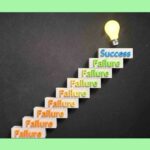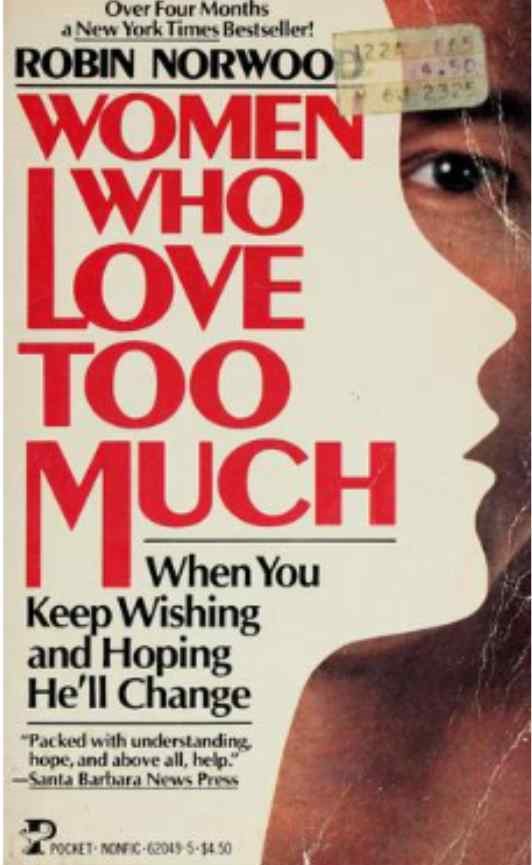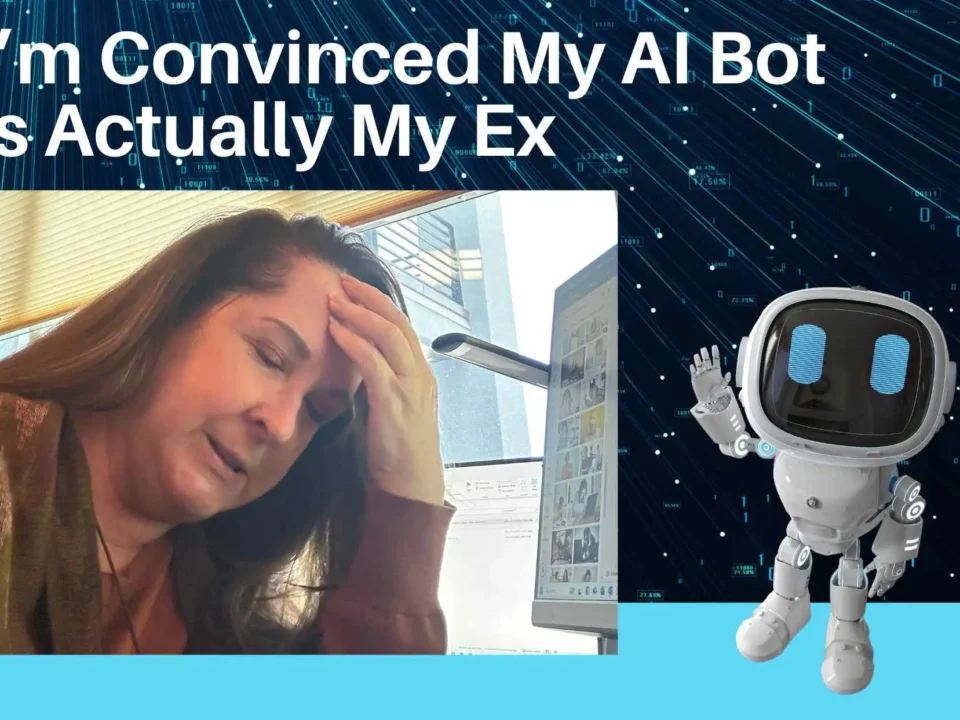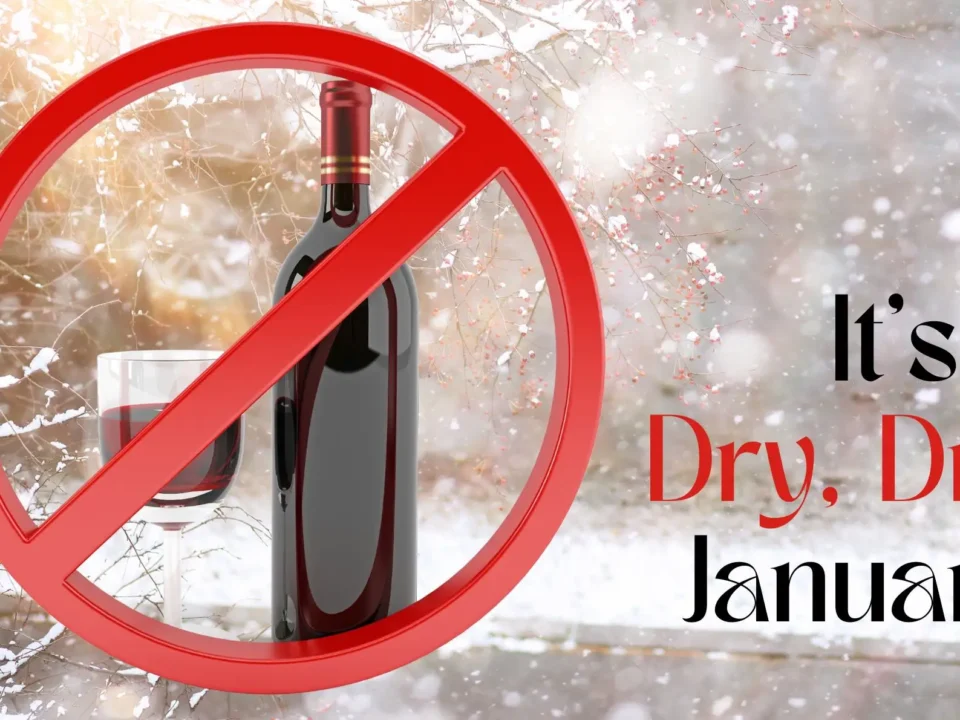
Beneficial Blunders
April 2, 2024
The Trip of a Lifetime
June 3, 2024Last week, I came across this quote typically attributed to George Washington:
“It’s better to be alone than in bad company.”
Ouch. Well, actually no, it’s not painful. It’s true – at least in my opinion and experience. Some of my best healing time from painful relationship breakups was a result of me experiencing quality alone time, reflecting.

My methods for healing after getting dumped by boyfriends in college included reading and rereading the bestselling book first published in in 1985: Women Who Love Too Much: When You Keep Wishing and Hoping He’ll Change. An Amazon search for the book now spits out a list of books with some astoundingly long titles. Including this one: Women Who Love Too Much: Thinking About the Person You Love Makes the VTA Flood Your Body with Dopamine, Which Makes You Feel Euphoric.
Yeah, yeah, I know. Long titles increase the probability of successful search engine hits. We have so many books, so many opinions, so many bots now giving advice.
I wondered what artificial intelligence (AI) had to say about the premise that it’s better to be alone than in bad company. So, I asked ChatGPT to write a 400-word blog about it.
Here is ChatGPT’s title and first two paragraphs:
The Value of Solitude: Choosing Quality over Quantity in Company
In a world that often celebrates the extroverted, the sociable, and the constantly surrounded, the notion of solitude can seem foreign or even intimidating. However, as the wise adage goes, “It is better to be alone than in bad company.” This timeless wisdom holds profound truth that transcends generations and cultures.
In today’s hyper-connected society, the pressure to constantly engage with others can be overwhelming. Social media platforms bombard us with curated glimpses into the lives of others, fostering a culture of comparison and FOMO (fear of missing out). But amidst this noise, the importance of quality over quantity in companionship becomes increasingly evident.
Am I the only one hearing snoring sounds? These paragraphs remind me of the droning background white noise necessary for me to fall asleep.
AI is not going away. Most of those I know who use it, including me, use it to generate ideas. One of my consulting clients recently asked AI to write a press release, which he then emailed to me and asked me to rewrite. Great! Job security for at least a little while longer.
Remember in the intro paragraph where I said the “It’s better to be alone than in bad company” quote is typically attributed to George Washington? Well, I say typically, because after some googling, I found that, according to The Leaders Institute, the quote is actually one of the 110 Rules of Civility and Decent Behavior in Company and Conversation.
George Washington reportedly copied the quote by hand at the age of fourteen, along with the other 109 Rules. All 110 Rules were supposedly based on a set of rules composed by French Jesuits in the year 1595. Today’s scholars believe all the rules were likely copied by Washington as a penmanship exercise, but someone at some point in history decided it should be attributed to him because he wrote it down.
And now you know the rest of the story. Thank you, Paul Harvey, for that timeless quip.
By the way, I asked ChatGPT if I could include his signature line, and here’s the reply I received:

Using “And now you know the rest of the story” in your blog should generally be fine, as it’s a well-known phrase associated with the late radio broadcaster Paul Harvey. However, if you’re planning to use it as a regular feature or in a way that closely resembles Harvey’s style or content, you may want to consider potential copyright issues. It’s always a good idea to give credit where it’s due and to avoid directly copying someone else’s distinctive style or content without permission. If you’re unsure, you could also consult a legal expert for advice on how to proceed.
Sometimes all you can do is smile . . .





